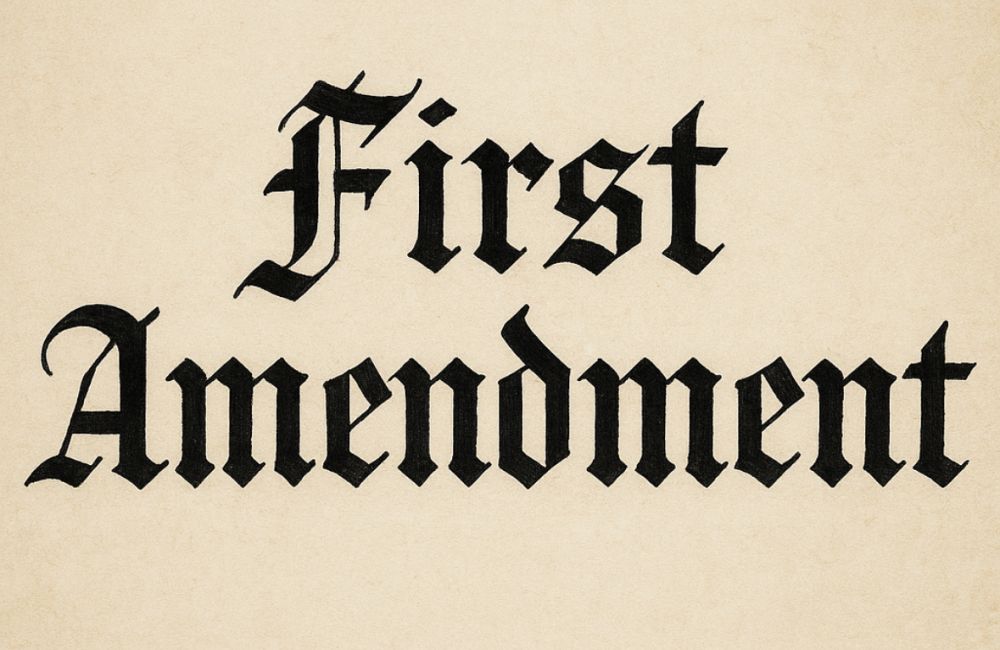As a business owner or HR professional, you’re often torn between the needs of your employees and the needs your clients and customers. This challenging dynamic is made harder by the polarizing opinions many of us have about politics, religion, culture – and sports teams.
Our clients are asking: Do my employees have First Amendment rights at work? The answer is a clear and definitive: sometimes yes and sometimes no.
The First Amendment and Public Employers
Public employees – those who work for government agencies, schools, or other State entities – enjoy limited First Amendment protections that private-sector employees don’t have.
Specifically, they have the right to speak as citizens on matters of public concern without fear of retaliation, provided their speech does not interfere with workplace operations. Courts analyze these claims under a balancing test established in a 1968 Supreme Court case called Pickering v. Board of Education, that weighs the employee’s interest in speaking against the government employer’s interest in maintaining efficient and disruption-free operations.
However, speech made pursuant to official job duties is generally not protected. This means that while public employees can voice concerns about policies, government misconduct, or public safety, their ability to do so is subject to strict legal boundaries.
The First Amendment and Private Employers
If you’re not running a government agency, the First Amendment generally doesn’t give your employees the right to say whatever they want at work without consequences. As a private employer, you have the ability to set rules and expectations around workplace communication, professionalism, and conduct. The trick is making sure your workplace rules are:
- Easy to understand,
- In writing and accessible to all employees, and
- Uniformly enforced.
Where the Lines Get Blurry
Even though the First Amendment itself doesn’t apply to private workplaces, other laws may protect certain types of employee speech or activity:
- National Labor Relations Act (NLRA): Protects employees’ rights to discuss wages, hours, and working conditions with other employees—even in non-union workplaces.
- Anti-discrimination and harassment laws: Employers must take action if speech crosses into harassment based on race, gender, religion, or another protected category.
- Whistleblower protections: Employees are protected when raising certain legal or safety concerns.
- Declining to participate: As we’ve written about before, employees who decline to participate in meetings around religious or political speech at work can’t be disciplined.
In short: employees don’t have a Constitutional right to unlimited free speech at work, but some speech is protected under other laws.
Practical Takeaways for New York Employers
- Set clear policies in your employee handbook about acceptable workplace conduct and communication.
- Be consistent in how you apply those policies—uneven enforcement can create major legal risks.
- Recognize protected activity: Don’t discipline employees for discussing pay, safety issues, or discrimination concerns.
- Focus on professionalism, not personal beliefs: You can require respectful communication and prohibit speech that disrupts operations or creates a hostile work environment.
A Final Thought
The First Amendment isn’t a free pass for employees to say anything they want at work, but other employment laws do give them important rights. As a New York employer, the safest approach is to combine clear expectations with a good understanding of what speech may be legally protected.
At The Coppola Firm, we help New York businesses navigate these complex issues so you can stay compliant while building a healthy workplace culture. If you’d like guidance on workplace policies – or if you’re facing a specific situation – please contact us for practical, tailored advice.

